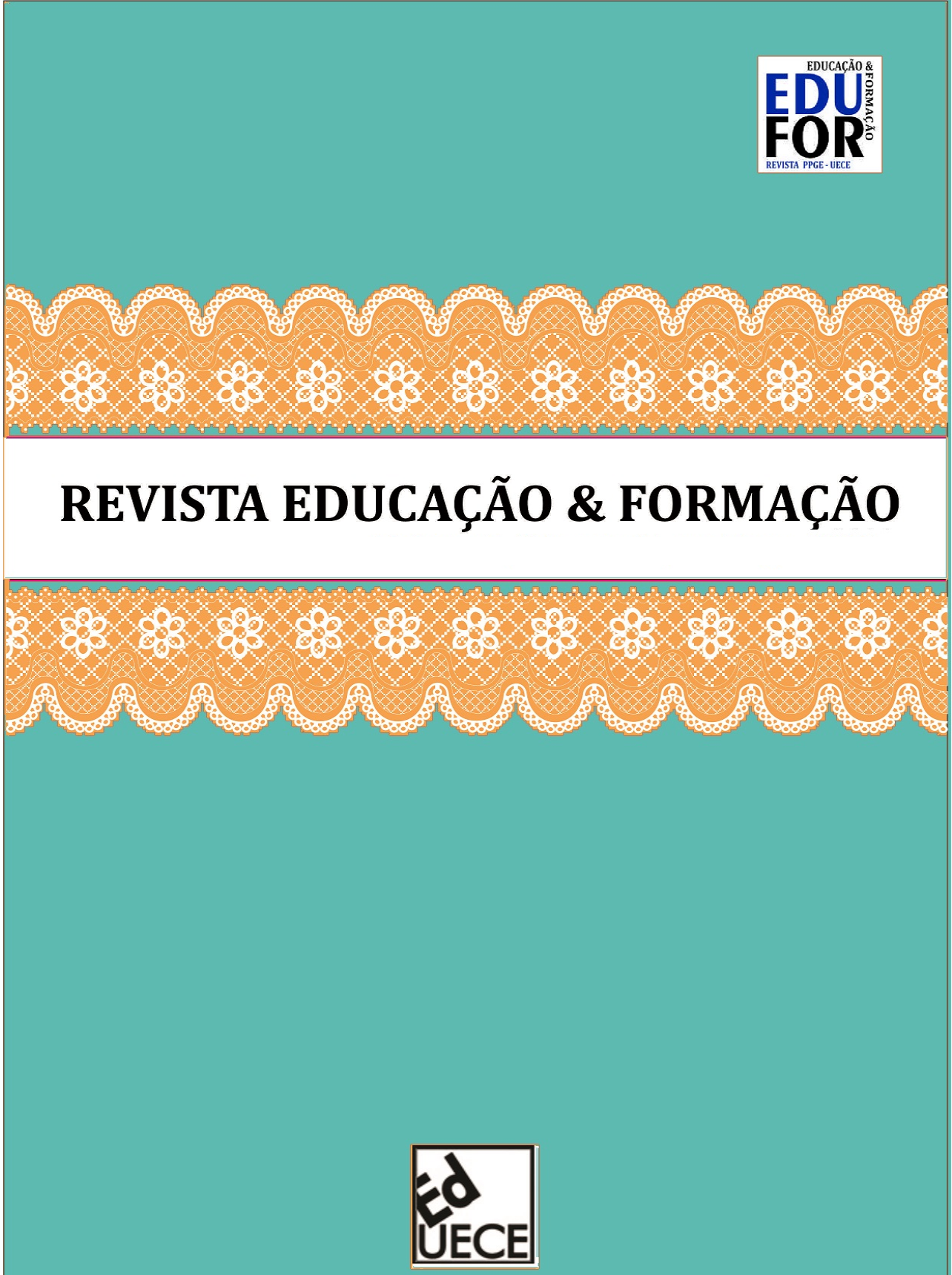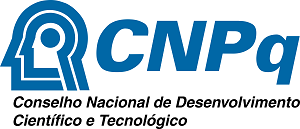Notas para problematizar a ética de si na educação do corpo
as aulas de Educação Física como território de disputas de gênero
DOI:
https://doi.org/10.25053/redufor.v5i14mai/ago.2895Palavras-chave:
Educação Física, Gênero, Construção Cultural, Educação do corpoResumo
A criação da escola moderna aos finais do século XIX trouxe consigo uma disciplina que se ocupou da educação dos corpos. Foi nesse momento constitutivo onde se delimitaram as práticas corporais para homens: exercícios militares, força, virilidade, porturas; ao mesmo tempo que para a educação dos corpos das mulheres se esperava: perfeição da feminilidade, dança, ginástica rítmica. Da perpetuação desses estereótipos de comportamentos nas aulas de Educação Física enquanto conteúdo escolar que deriva a hipótese desta pesquisa que apresentamos: as aulas de Educação Física influenciam e condicionam diretamente as práticas culturais em relação a expressão de gênero reduzindo a condição de sexo ao que está inscrito na biologia do corpo. Como marco teórico recorremos aos aportes teóricos da teoria Queer e, por outro lado, analisamos as normativas vigentes para o Sistema Educativo Argentino tomando especialmente como referência a Lei de Educação Sexual Integral da Argentina. O trabalho de campo se realizou durante o ano de 2018 em duas escolas de nível primário de administração públicas situadas nas ciudades de Almafuerte e Rio Terceiro do estado de Córdoba - Argentina.
Downloads
Referências
AA.VV. Ley de Educación Sexual Integral nº 26.150. Honorable Congreso de la Nación Argentina, 4 oct. 2006.
BALL, S. J. Foucault y la educación. Disciplinas del saber. Madrid: Morata, 1993.
BUSTOS, L. Entre el rosa y el azul: desafíos de la expresión de género en las clases de Educación Física. In: CONGRESO ARGENTINO DE EDUCACIÓN FÍSICA Y CIENCIAS, 13., 2019, Ensenada. Actas... Ensenada: Universidad Nacional de La Plata, 2019. Disponible en: http://sedici.unlp.edu.ar/handle/10915/86617. Aceso el: 20 mar. 2020.
BUTLER, J. El género en disputa. Barcelona: Paidós, 2007.
FEMENÍAS, M. L. Trascender. Bases teóricas en Derechos Humanos. Estado y Perspectiva de Género. 2017. Disponible en: https://www.youtube.com/watch?v=kcv keh9_imw. Aceso el: 10 oct. 2019.
FERRARI, C.; RODRÍGUEZ, N. La Educación del cuerpo en la escuela: una lectura en clave de género. In: CONGRESO ARGENTINO DE EDUCACIÓN FÍSICA Y CIENCIAS, 13., 2019, Ensenada. Actas... Ensenada: Universidad Nacional de La Plata, 2019. Disponible en: http://congresoeducacionfisica.fahce.unlp.edu.ar/13oca-y-8o-la-efyc/actas/mesa15_ferrari_%20la%20educacion.pdf/view. Aceso el: 20 mar. 2020.
FOUCAULT, M. Defender la sociedad: curso en el Collège de France (1975-1976). Buenos Aires: Fondo de Cultura Económica, 2006.
FOUCAULT, M. El gobierno de sí y de los otros: curso en el Collège de France. Buenos Aires: Fondo de Cultura Económica, 2009.
IRIGARAY, L. Ese sexo que no es uno. Madrid: Akal. 2009.
MARTÍNEZ, A. Cuerpo y poder. Impacto del pensamiento de Michel Foucault en el feminismo norteamericano de finales del Siglo XX. In: RODRÍGUEZ, N. B.; VIAFARA SANDOVAL, H. (Org.). Michel Foucault, treinta años después: aportes para pensar el problema del cuerpo y la educación. La Plata: Universidad Nacional de La Plata, 2016. p. 76-86.
MARTÍNEZ, A. Identidad y cuerpo en la trama del sujeto sexo-generizado: del psicoanálisis norteamericano a Judith Butler. La Plata: Universidad Nacional de La Plata, 2018.
MELICCI, A. L´invenzione del presente. Bolonia: I1 Mulino. 1982.
PICH, S.; RODRÍGUEZ, N. Los cuerpos de Foucault: una genealogía de los estudios foucaultianos en el campo de académico de la Educación Física en Brasil y en la Argentina. Revista Brasileira de Educação Física e Esporte, São Paulo, v. 28, n. 3, p. 453-467, 2014. Disponible en: http://www.scielo.br/scielo.php?pid=S1807-55092014000300453&script=sci_abstract&tlng=es. Aceso el: 20 mar. 2020.
PIOVANI, J. El diseño de la investigación. In: MARRADI, A.; ARCHENTI, N.; PIOVANI, J. (Org.). Metodología de las ciencias sociales. Buenos Aires: Emecé, 2007. p. 71-85.
Downloads
Publicado
Como Citar
Edição
Seção
Licença
Copyright (c) 2020 Norma Beatriz Rodríguez, Liliana Bustos

Este trabalho está licenciado sob uma licença Creative Commons Attribution 4.0 International License.
Os autores possuem direitos autorais dos seus textos:
A revista Educação & Formação permite ao autor os direitos de publicação, no entanto, recomenda um intervalo de dois anos para o caso de republicação.
Os nomes e endereços informados nesta revista serão usados exclusivamente para os serviços prestados por esta publicação, não sendo disponibilizados para outras finalidades ou a terceiros.























